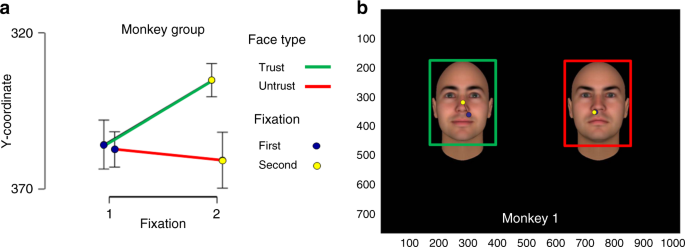

Peer employees were also defined as “individuals who fill designated unique peer positions as well as peers who are hired into traditional MH positions”. The Mental Health Foundation in the United Kingdom defined peer support in mental health as “the help and support that people with lived experience of a mental illness or a learning disability can give to one another”. A peer is defined as an equal, someone with whom one shares demographic or social similarities, whereas support refers to “the kind of deeply felt empathy, encouragement, and assistance that people with shared experiences can offer one another within a reciprocal relationship”. For example, it is a system of giving and receiving help founded on key principles of respect, shared responsibility, and an agreement of what is helpful. Peer support has diverse meanings in the literature. We concluded the review by examining the benefits and challenges associated with PSSs and provided a commentary on future directions for PSSs in mental health. Thereafter, we provided a conceptual framework for the effects of peer support and stigma in relation to PSWs. We then continued with examining the transition from a patient role to a PSW role and their incorporation into mental health systems. We began the review with an examination of the definitions, origins, and types of peer support contributions and within different clinical contexts, aiming at deepening the view to the diverse effects of such a workforce.

Search terms included peer support, peer support in mental health, social support, peer, family support, and integrated care. The review was conducted through a general search of the literature on MEDLINE, Google Scholar, EMBASE, Scopus, Chemical Abstracts, and PsycINFO. This general review sheds light on PSWs’ experiences, benefits, challenges, opportunities to expand access to quality addiction, and mental health care using PSSs. Although many authors have emphasized the utmost importance of incorporating peer support into the health care system to instill hope to improve engagement, quality of life, self-confidence, and integrity and to reduce the burden on the health care system, other studies suggest that there are neutral effects from integrating PSSs into health care systems, with a probable waste of resources. Debates around peer support in mental health have been raised frequently in the literature. Although PSSs date back to several centuries, it is only in the last few decades that these services have formally evolved, grown, and become an integral part of the health care system. Peer support in mental health has been variously defined in the literature and is simply known as the help and support that people with lived experience of mental illness or a learning disability can give to one another. A growing gap has emerged between people with mental illness and health care professionals, which in recent years has been successfully closed through the adoption of peer support services (PSSs).


 0 kommentar(er)
0 kommentar(er)
